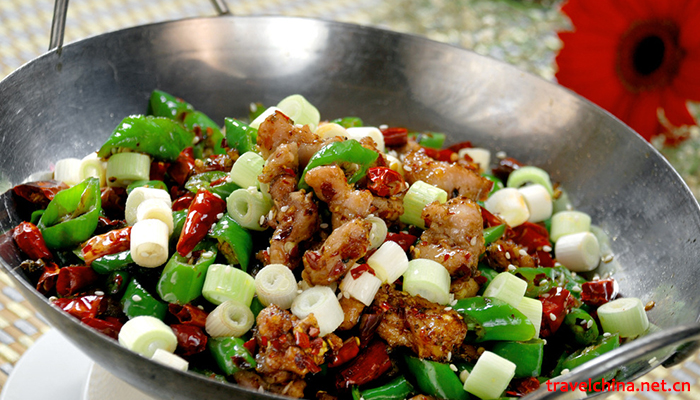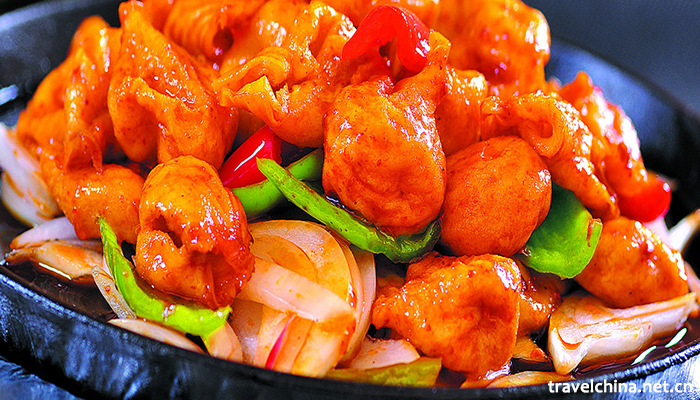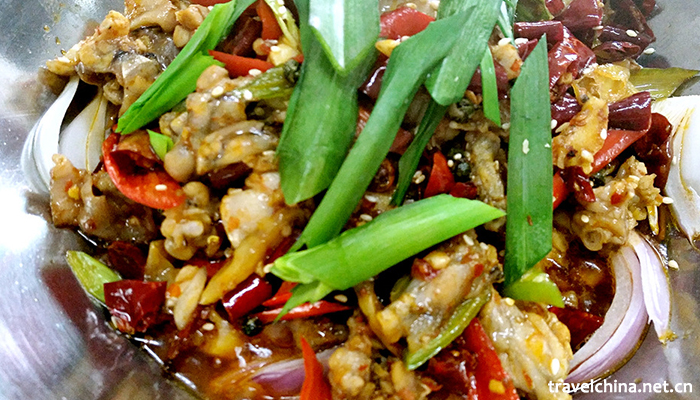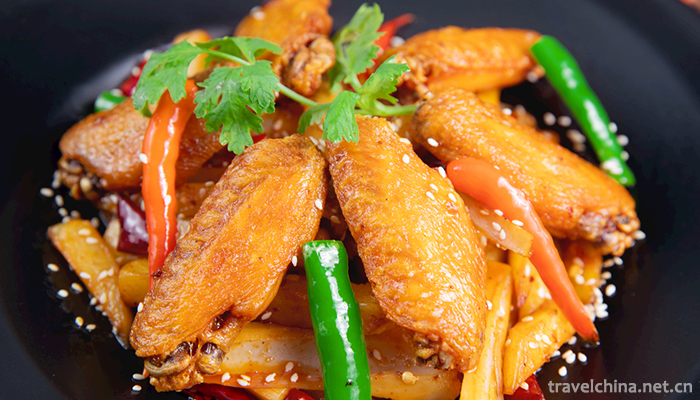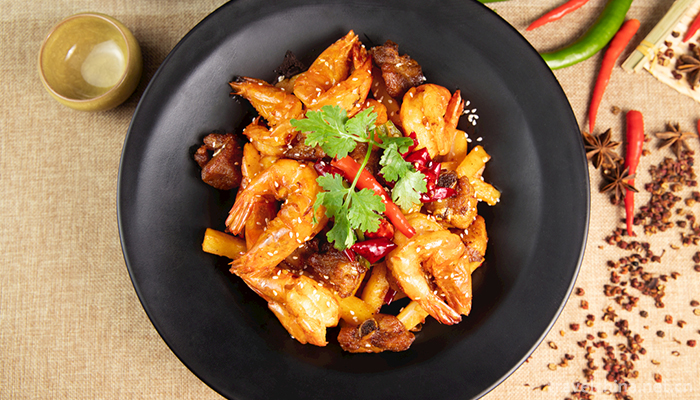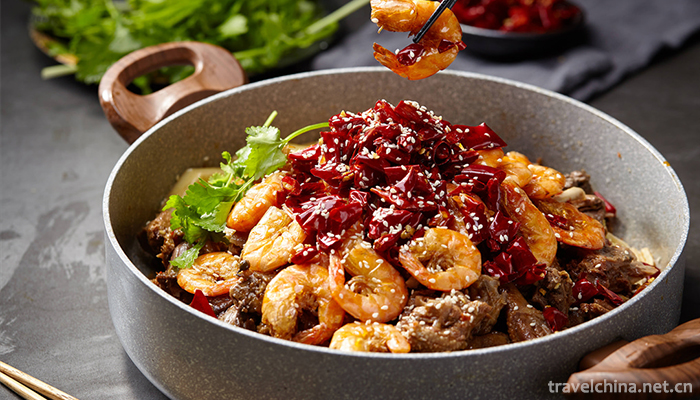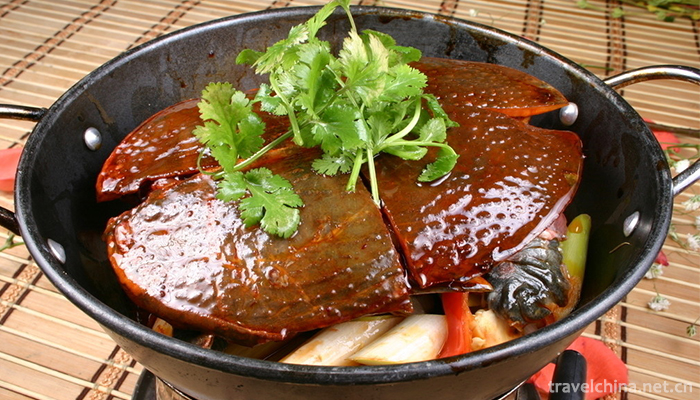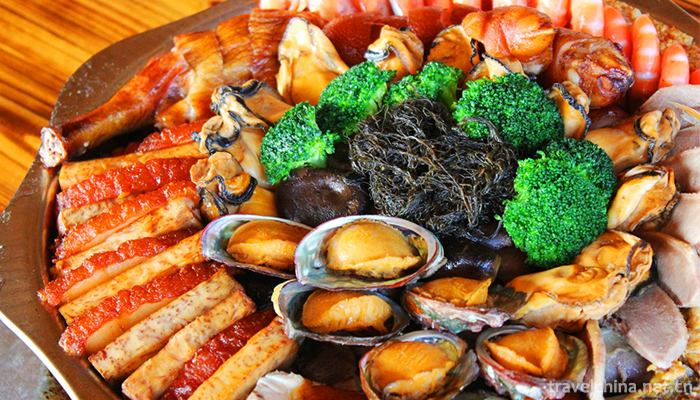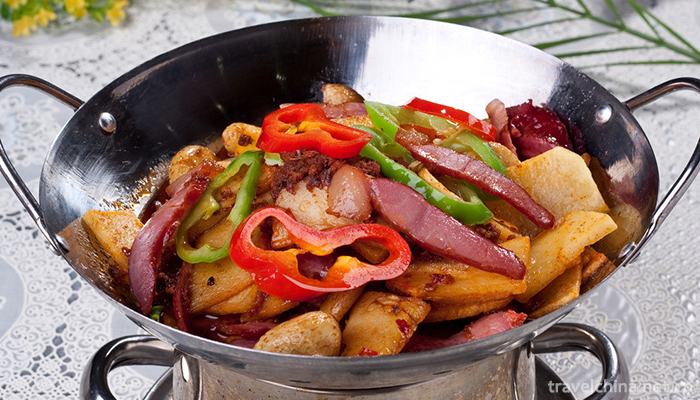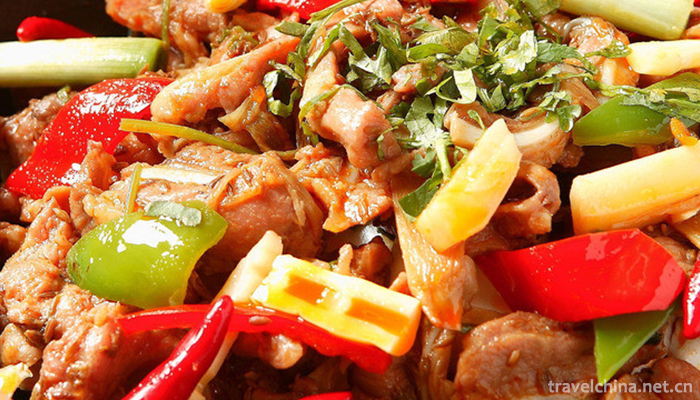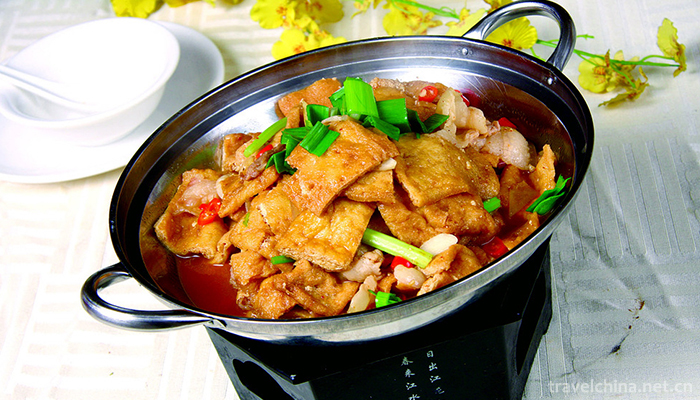Dry pot
Dry pot, also known as dry pot dish, is one of the production methods of Sichuan cuisine, which originated in Deyang City, Sichuan Province. It is characterized by spicy and delicious taste. Then it became popular in Chongqing, Hunan, Hubei and Jiangxi, because the tastes of these places were relatively similar, and then it became popular all over the country.
Compared with hot pot and soup pot, the soup is less and the taste is more sufficient; There is no need to order by yourself. The dishes are relatively fixed and can be eaten directly. In terms of operation, dry pot is more convenient than hot pot and Chinese food, and occupies a small kitchen area, so it is loved by consumers and investors. Compared with hot pot, dry pot has not appeared a national strong brand. It is a catering category with full market potential. Its main varieties include: dry pot chicken, dry pot duck, dry pot shrimp, dry pot crab, dry pot consumer fish, dry pot rabbit, dry pot bullfrog, dry pot ribs, dry pot beef, dry pot vegetable, etc.
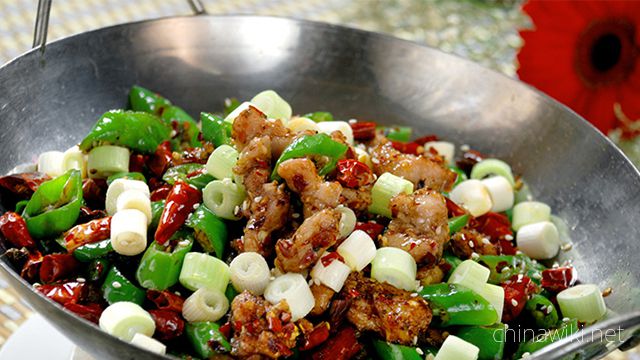
Dry pot
-
1.Hot Pot
Hot pot, called "antique soup" in ancient times, gets its name from the sound of "Gudong" when food is put into boiling water. It is one of the original Chinese delicacies and is also a kind of food suitable for all ages.
Time 2021-07-17 -
2.Chengdu cold pot strings
Chuanchuanxiang, originated in Chengdu, Sichuan, is not only one of the characteristic traditional snacks in Sichuan, but also the most popular embodiment of grass-roots cuisine. Chuanchuanxiang is actually another form of hot pot, so people often call it
Time 2021-07-25 -
3.Maocai
Maocai is a dish made of meat, bean products, green vegetables, seafood and mushrooms. It originated in Chengdu and is a traditional snack with Sichuan characteristics.
Time 2021-07-25 -
4.Dry pot
Dry pot, also known as dry pot dish, is one of the production methods of Sichuan cuisine, which originated in Deyang City, Sichuan Province. It is characterized by spicy and delicious taste. Then it became popular in Chongqing, Hunan, Hubei and Jiangxi, b
Time 2021-07-25 -
5.Mapo tofuTime 2024-05-06
-
6.Zongzi
Zongzi, a food steamed from glutinous rice wrapped in zongzi leaves, is one of the traditional festival foods in China. Zongzi, as one of the most profound traditional foods in Chinese history and culture, has also spread far. The custom of eating zongzi
Time 2024-04-28
